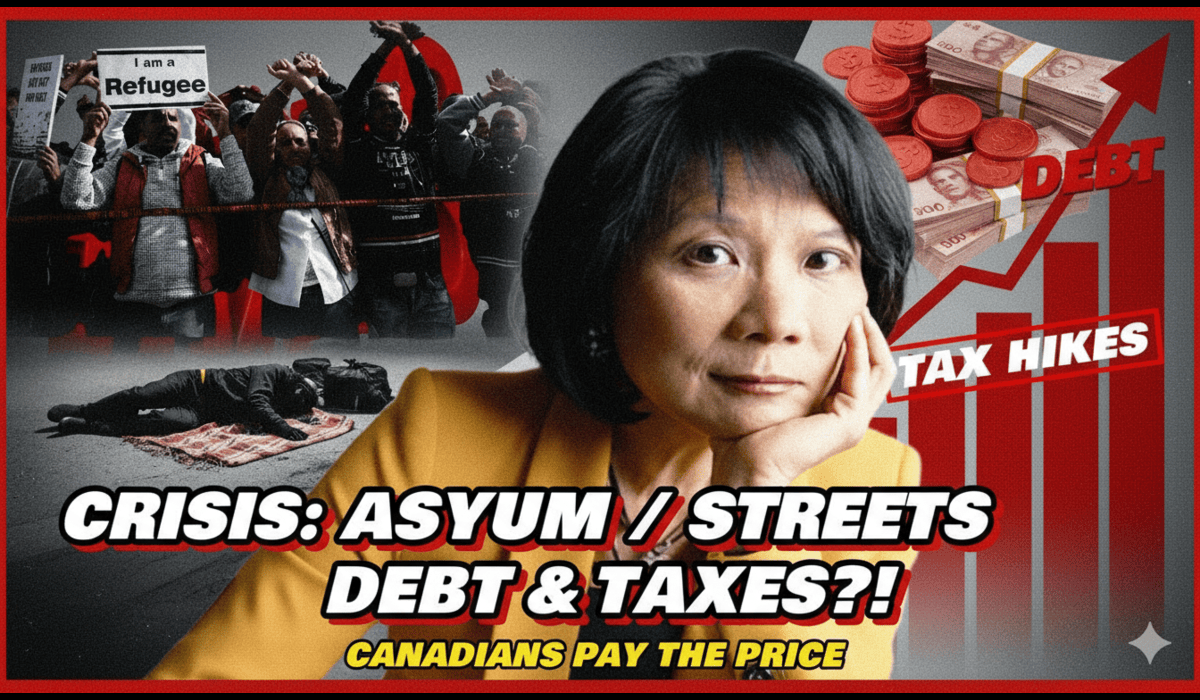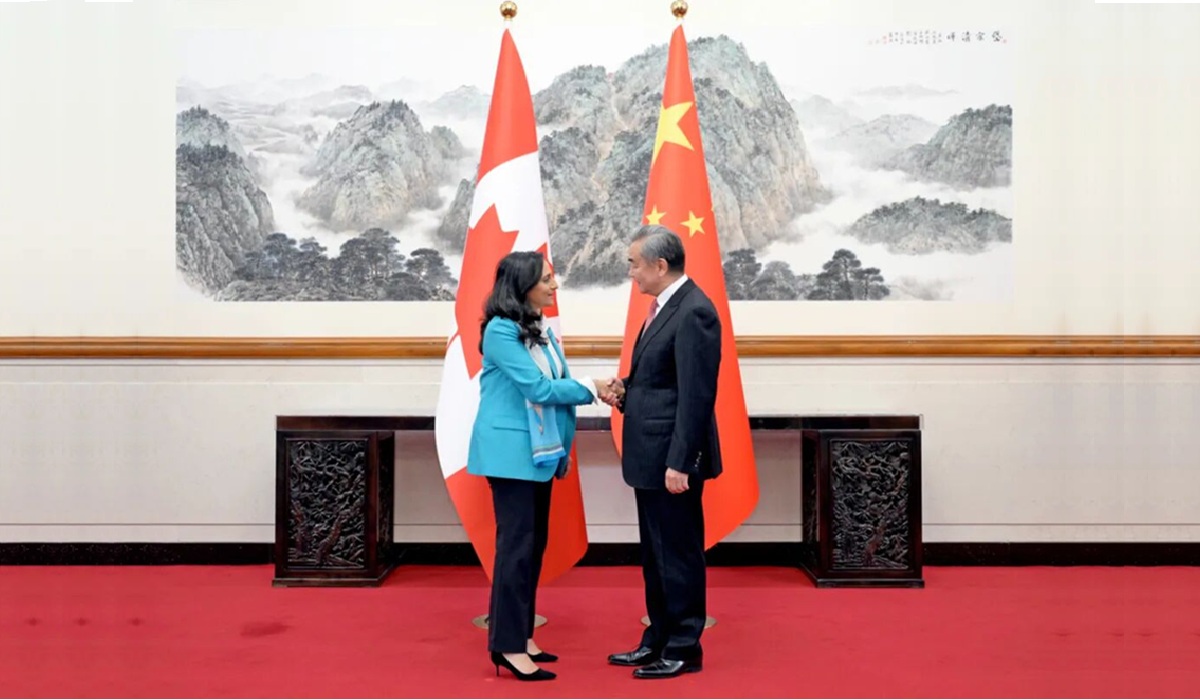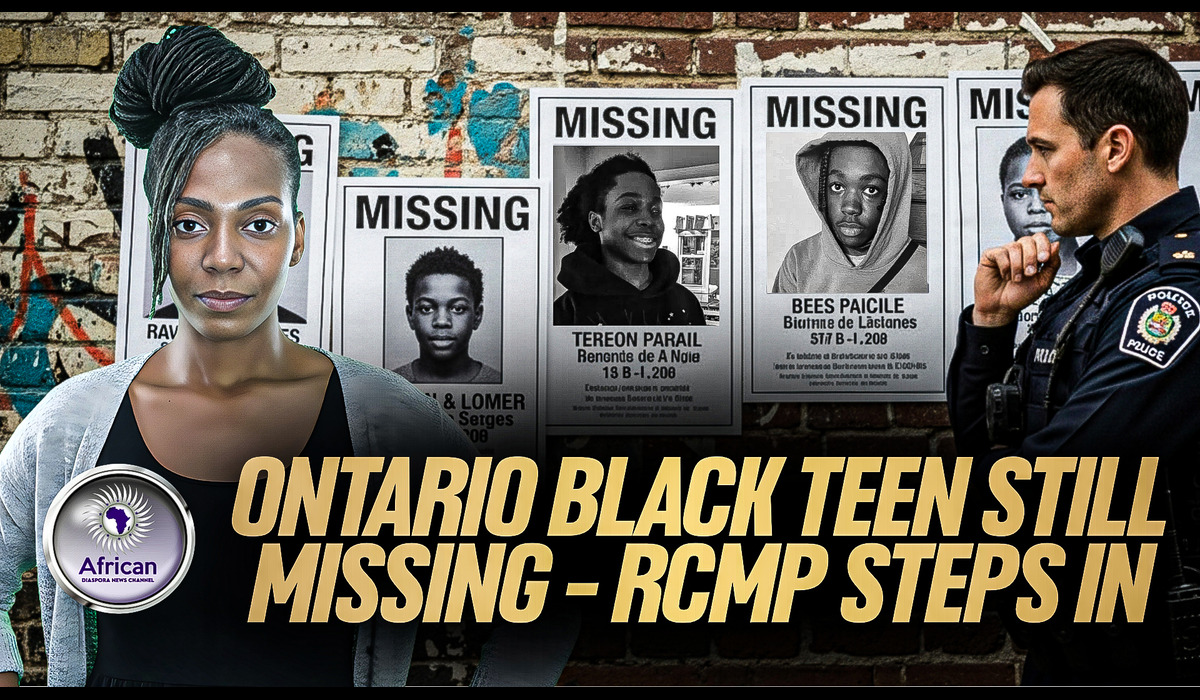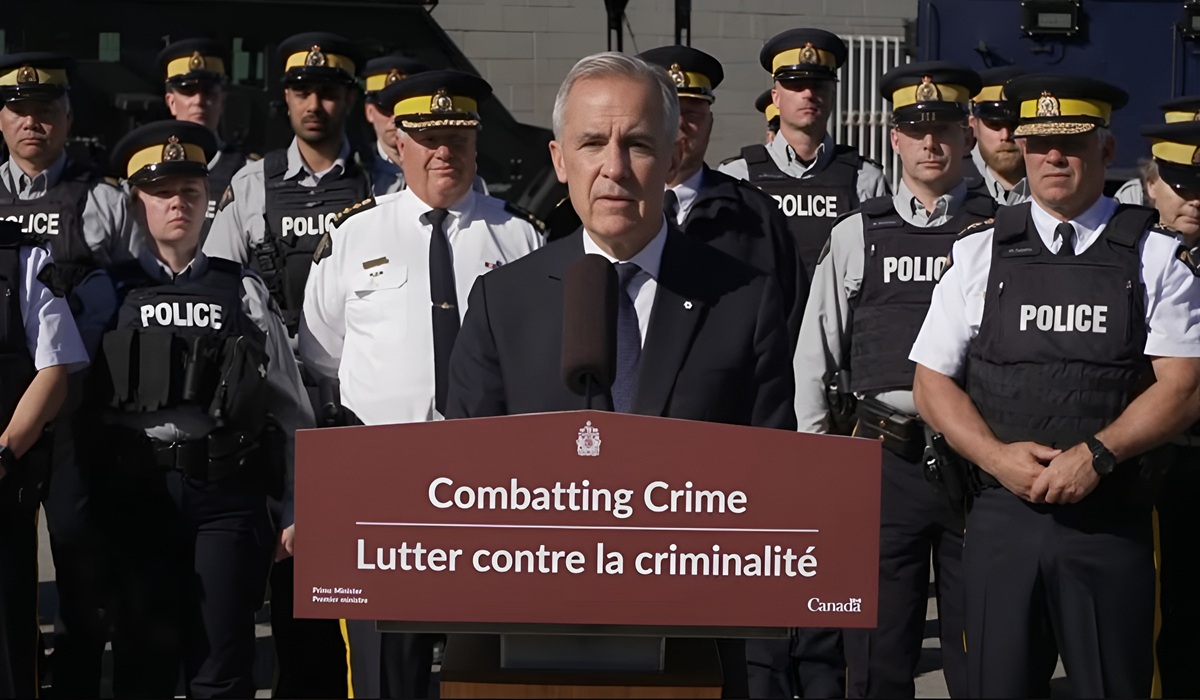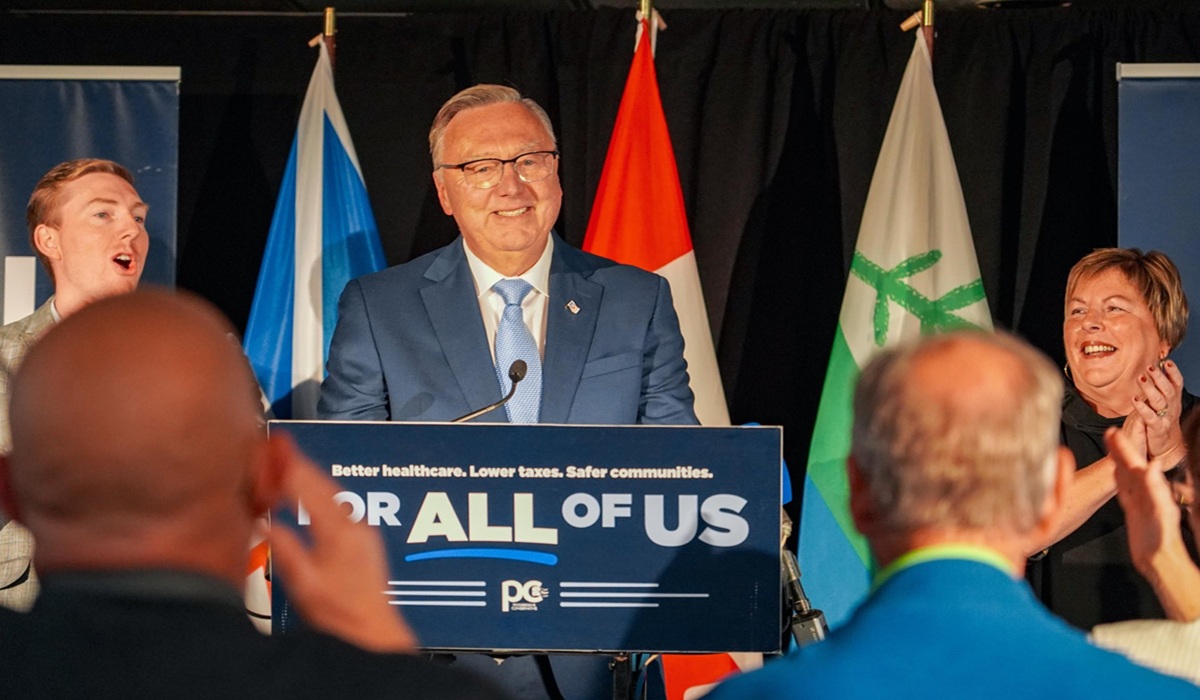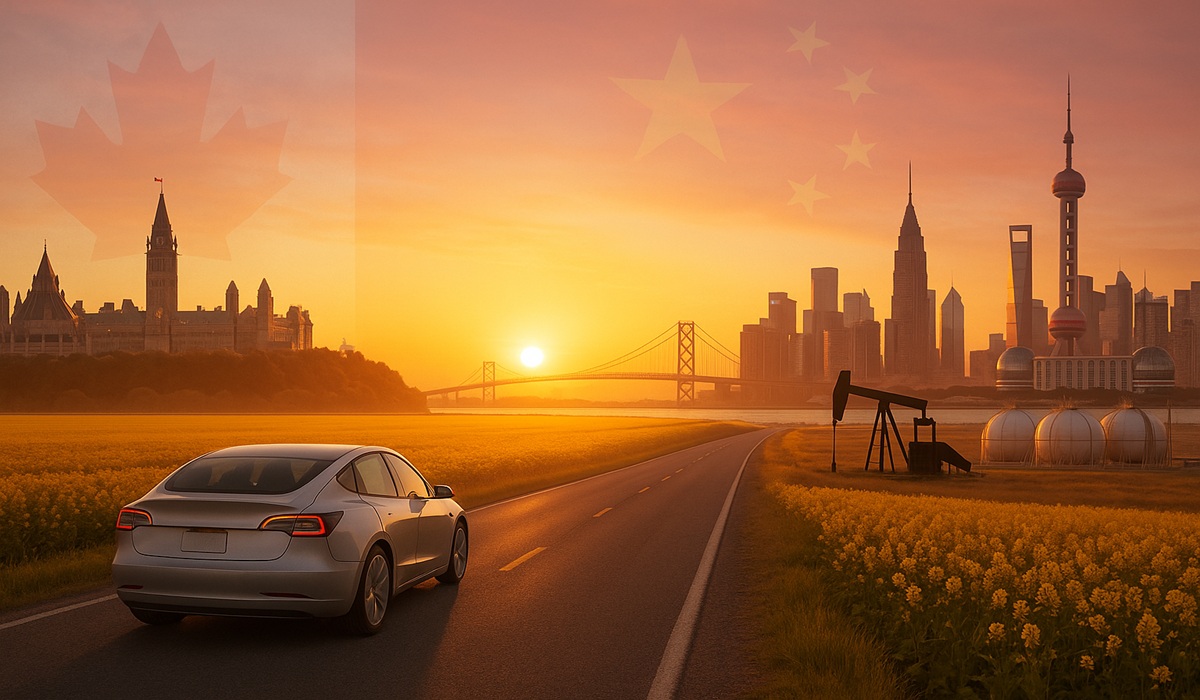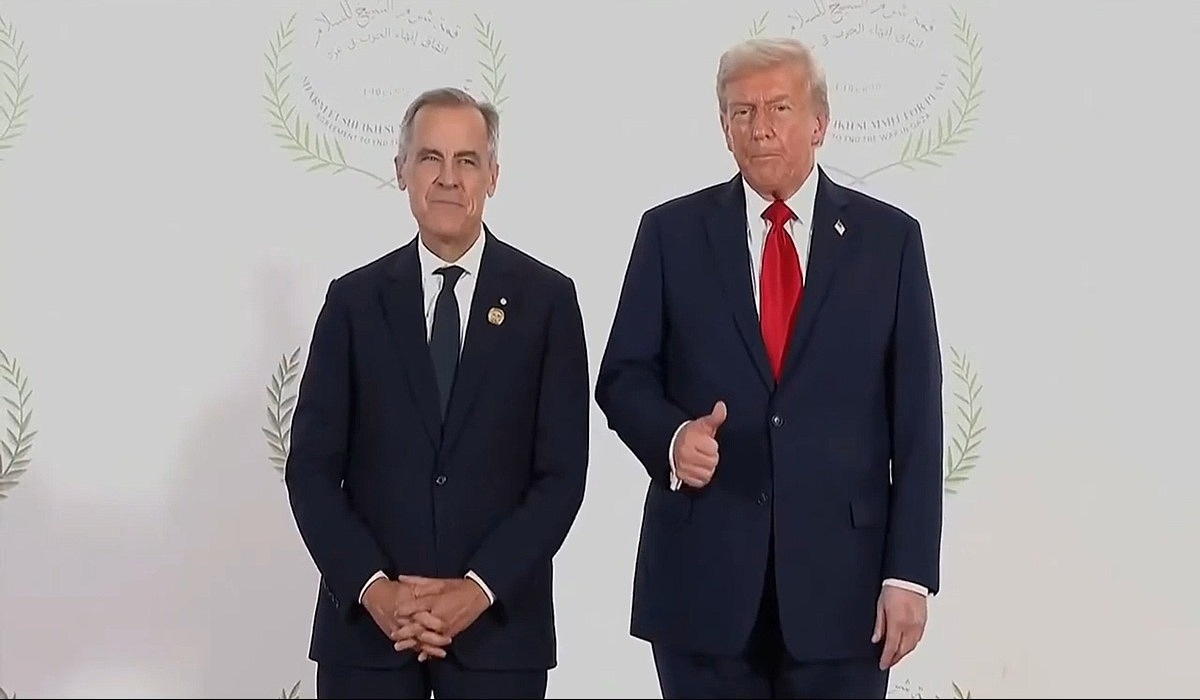Canada at 157: On the Eve of Canada Day, a Country at a Crossroads
- Ingrid Jones
- Canada
- June 30, 2025
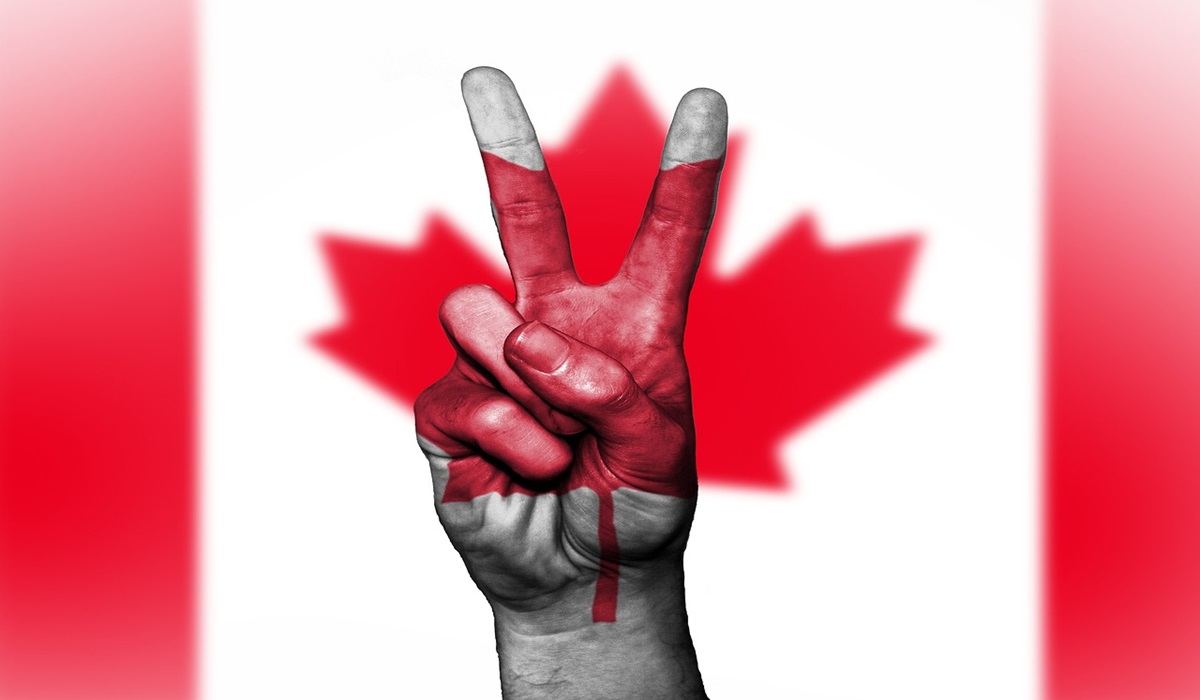
Image Credit, David Peterson
As the red-and-white flags begin to flutter across neighborhoods and the aroma of backyard barbecues returns to the air, Canada prepares to mark its 157th birthday on July 1st. But this year’s Canada Day—like the last few—doesn’t come without questions, contradictions, and complicated feelings.
Canada is a relatively young country by global standards, having been officially formed in 1867 through Confederation. Yet, this youthful nation carries with it an ancient history far older than its European founding—Indigenous cultures have lived, governed, and thrived on this land for thousands of years. And that contrast, between colonial celebration and Indigenous reality, is at the heart of the evolving Canada Day debate.
In recent years, especially since the 2021 confirmation of unmarked graves at former residential school sites, Canada Day has shifted for many from a day of celebration to one of reflection—or even resistance.
Some cities have scaled back festivities or rebranded the day altogether. Others continue with full fanfare, seeing the holiday as a chance to unify a diverse and sprawling nation. But the shadow of Canada’s colonial legacy looms large, especially in the context of ongoing reconciliation with First Nations, Inuit, and Métis communities.
The tension is real: Should we celebrate a country still reckoning with the harm it has caused? Can patriotism coexist with accountability?
Ask ten Canadians what Canada Day means to them, and you’ll likely get ten different answers.
For some, it’s about family traditions, multicultural pride, and gratitude for peace and democracy. For others, especially Indigenous people, it’s a reminder of land stolen, cultures suppressed, and lives lost. A growing segment simply opts out—not out of disdain for the country, but from discomfort with celebration in the face of unresolved truths.
That divergence isn’t a flaw—it’s a sign of a maturing democracy wrestling with its identity.
Even the symbols of celebration are being reimagined. Fireworks, long a hallmark of Canada Day, have come under fire—not just for their environmental and noise impacts, but for what they represent. For some, they feel like echoes of colonial triumphalism. For others, they’re simply disruptive or inaccessible.
Enter drone shows: quiet, choreographed light displays that offer a modern, more inclusive alternative. Cities like Calgary and Victoria are experimenting with these in an effort to balance celebration with sensitivity. It’s a microcosm of the broader shift—tradition meeting innovation, spectacle meeting social conscience.
Canada at 157 stands at a crossroads. The country is neither unified in celebration nor unanimous in protest. And maybe that’s the point.
Real reconciliation is messy. It requires holding conflicting truths at once: pride and pain, joy and grief, tradition and change. Canada Day, once an unquestioned display of patriotism, is becoming something more layered—more human.
So should we celebrate?
That’s not a yes-or-no question anymore. The real question is how. How do we make room for everyone’s story? How do we honour the country we are, while building the one we want to be?
Whether you celebrate with fireworks, with a moment of silence, or not at all—what matters is that we keep talking, keep listening, and keep evolving.
Because a country’s age is just a number. Its maturity is in how it faces itself.

